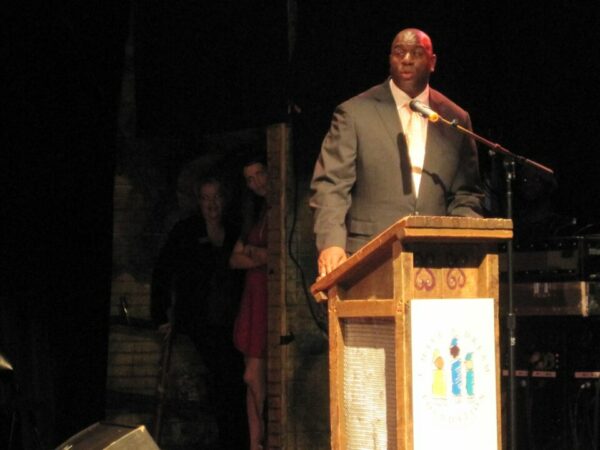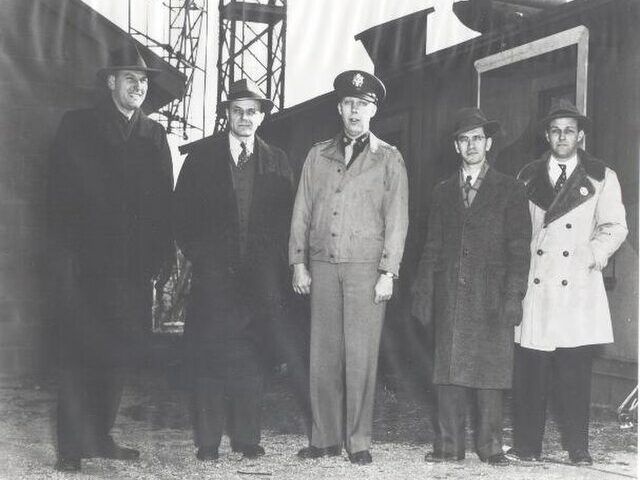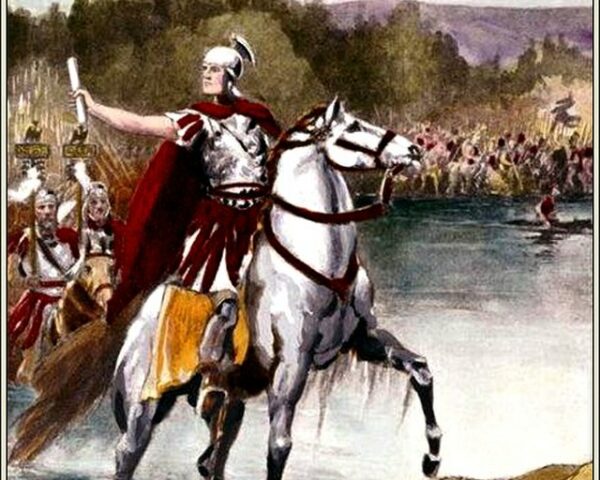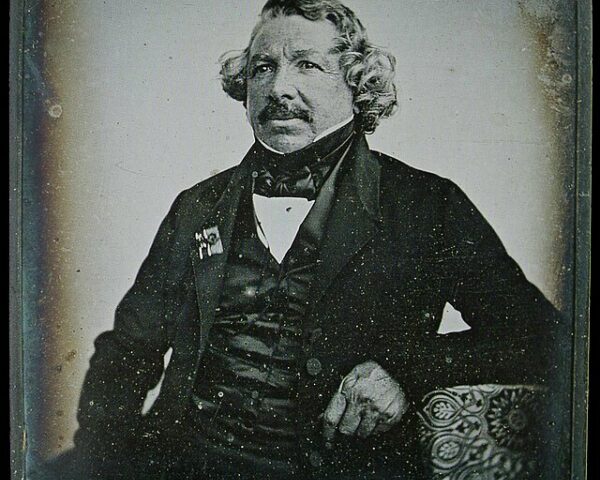On November 7, 1991, Earvin “Magic” Johnson stepped to a podium in Los Angeles and delivered a statement that reshaped not only his own life, but the public understanding of HIV/AIDS in America. One of the most charismatic and dominant players in NBA history, the five-time champion and three-time MVP told the world he had contracted HIV and would retire from basketball effective immediately. In an era when the virus was still shrouded in stigma, fear, and fatalism, Johnson’s announcement reverberated far beyond sports, forcing a cultural reckoning with the epidemic and giving the disease a human face millions could not ignore.
Johnson spoke without pretense. “Because of the HIV virus that I have attained,” he said, “I will have to retire from the Lakers today.” He emphasized that he felt healthy, that he planned to “go on living,” and that he would dedicate himself to educating others about the virus. But the shock of the moment was unmistakable. The NBA’s most recognizable star—an athlete at the peak of his fame—had become the most prominent heterosexual man to publicly acknowledge an HIV diagnosis. In 1991, that alone upended common assumptions about the disease and who was vulnerable to it.
The announcement also exposed the limits of public knowledge. Johnson said he had likely contracted the virus through unprotected sex, an admission that challenged the persistent belief that HIV affected only narrowly defined communities. His decision to speak openly—rather than conceal the diagnosis or quietly step away—made him one of the most influential figures in shifting American attitudes toward HIV/AIDS from moral judgment to public health.
The league responded with a mixture of sorrow and support. Commissioner David Stern called Johnson’s retirement “a tragic loss for basketball,” but praised his decision to become a national advocate. Teammates and rivals expressed disbelief that someone so outwardly strong could be afflicted by a virus still widely equated with imminent death. Even as tributes poured in, the questions deepened: Could Johnson still play? Would opponents refuse to take the court with him? Was his life in immediate danger?
Doctors made clear that modern antiretroviral treatments gave him a realistic chance at long-term survival, and Johnson—characteristically defiant—announced he would join the 1992 U.S. Olympic “Dream Team.” His brief return in that tournament, and again in 1996 as a Laker, demonstrated that athletes with HIV posed no risk to others, a point reinforced by medical experts and eventually accepted across professional sports.
Yet the broader impact of November 7 extended far beyond the hardwood. Johnson’s disclosure reframed national conversation, catalyzed educational campaigns, and helped direct philanthropic and scientific attention toward prevention and treatment. More than three decades later, his life stands as a refutation of the hopelessness that once defined an HIV diagnosis and as a reminder of how one moment of candor can alter public consciousness.






